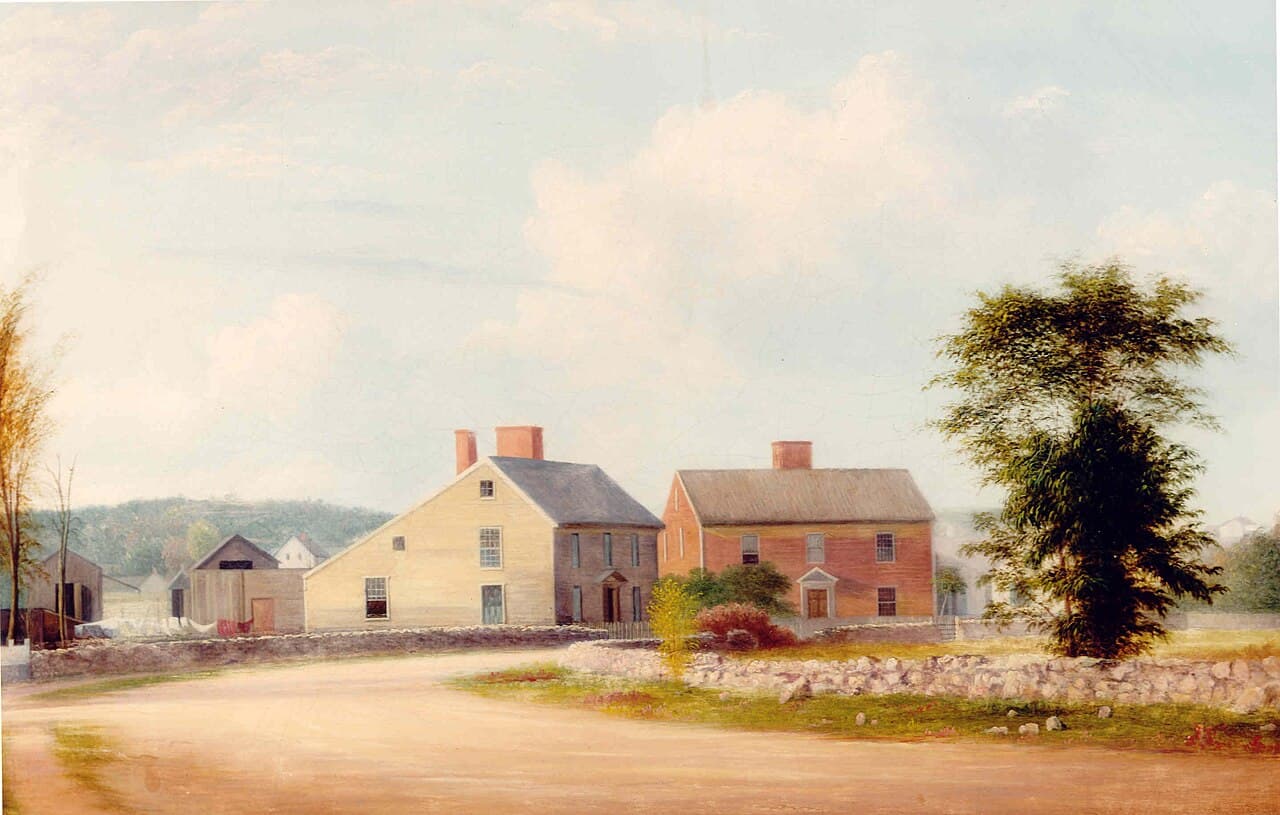
From Log Cabins and Empty Lots, Presidential Origins Manifest America’s Destiny
By DEAN KARAYANIS
|The latest salvo in a misguided war against a service that encourages efficient use of the city’s housing stock and allows New Yorkers to cope with escalating costs of all kinds.

Already have a subscription? Sign in to continue reading
$0.01/day for 60 days
Cancel anytime
By continuing you agree to our Privacy Policy and Terms of Service.

By DEAN KARAYANIS
|
By CONRAD BLACK
|
By JOTAM CONFINO
|
By SHARON KEHNEMUI
|
By MATTHEW RICE
|
By GARY GASTELU
|
By SHARON KEHNEMUI
|
By ELYSA GARDNER
|